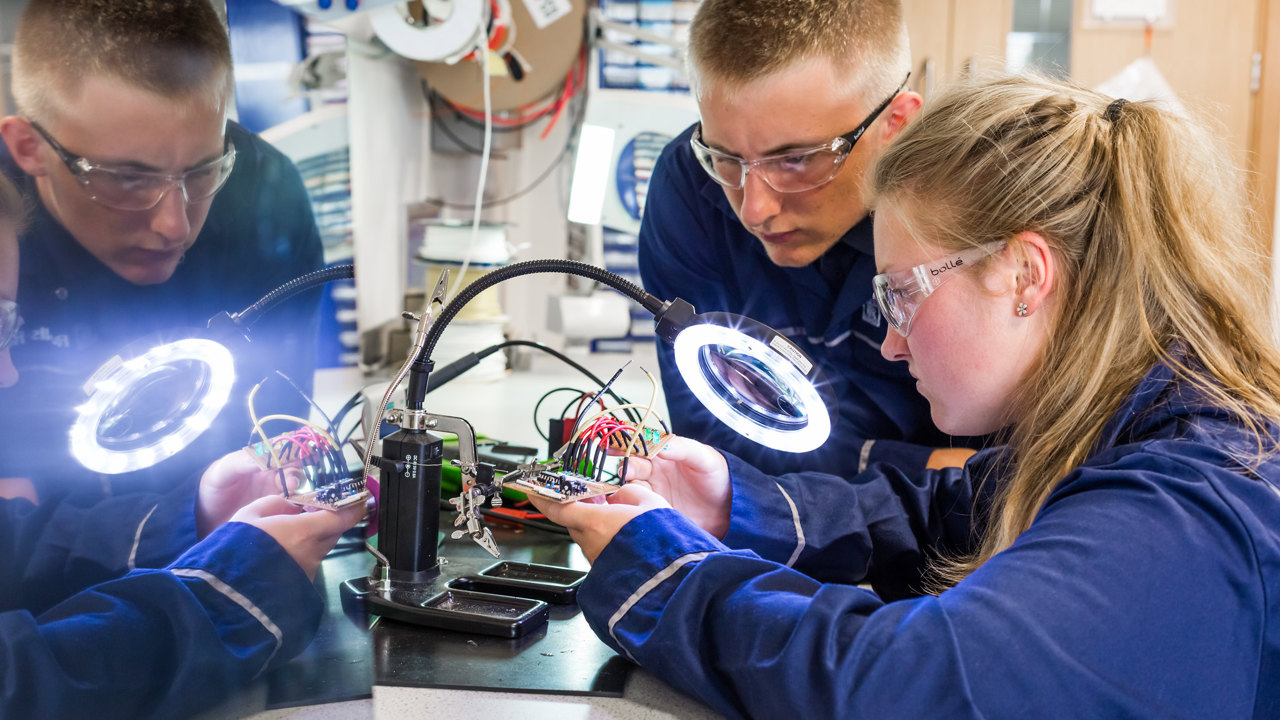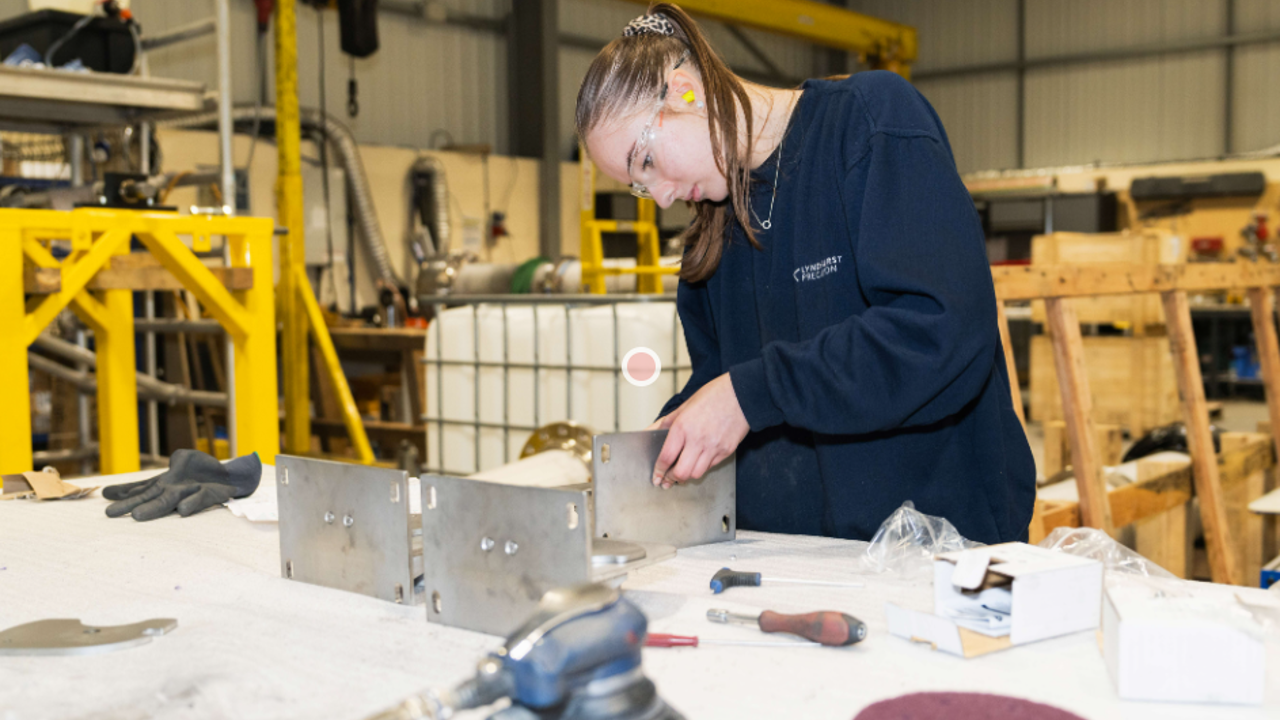
Introduction
Submitted to: the Public Accounts Committee
We submitted this evidence in April 2025. The inquiry followed the National Audit Office (NAO)’s 2025 report which looked at the government’s introduction of T Levels, and what progress had been made since its rollout. Based on the NAO report, the PAC heard evidence from senior Department for Education officials on subjects including:
- progress on the rollout
- student numbers and pass rates
- plans to expand T Levels
The evidence we submitted considers some of the challenges identified by the NAO, including the availability of work placements, limited awareness among students and employers, and excessive specialisation.
Who this is for
- MPs
- Policymakers

Key findings and recommendations
Our submission highlighted that:
- scaling up the supply of T Level industry placements in engineering and technology will be vital to growing the uptake of the qualification
- increasing student and employer awareness of T Levels, and what they entail, is a major challenge for schools and colleges
- excessive specialism in T Level pathways risks limiting students’ capacity to build broader technical knowledge
- there is large gender disparity in uptake across subjects. Only 9% of students completing an engineering and technology T Level in 2024 were female
In response to these challenges, we recommended that government:
- support STEM employers to scale up the supply of T Level industry placements by promoting examples of innovative best practice, such as large employers working with SMEs in their supply chains
- update Skills England’s occupational maps to reflect the position of T Levels alongside new vocational pathways within the 16 to 19 qualifications landscape
- build on previous marketing campaigns to spread awareness of T Levels among prospective students, teachers, and parents




